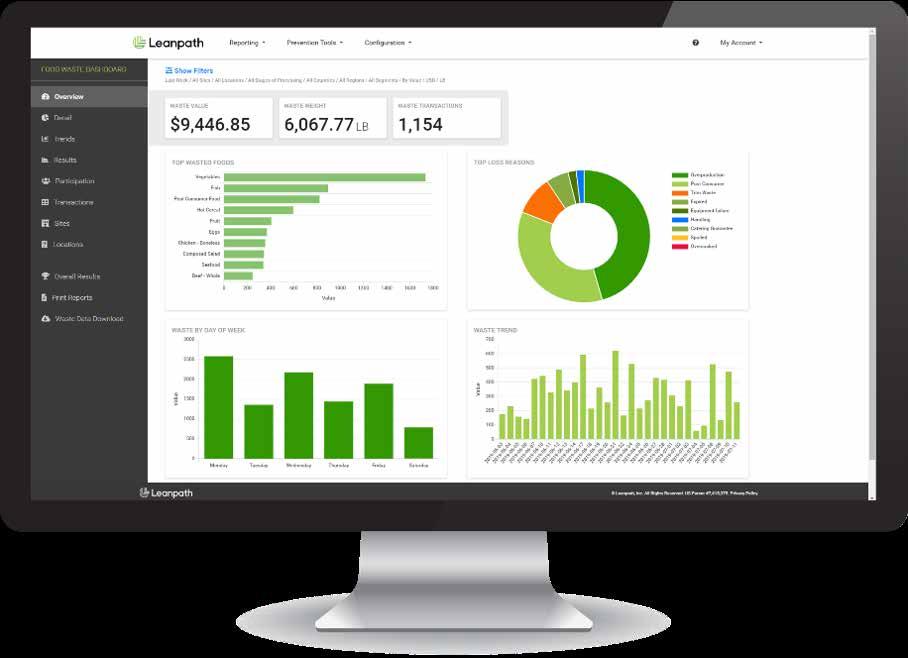
2 minute read
Responsible procurement
Every year, Sodexo Netherlands purchases over 150 million euros worth of products and services from more than 2,000 suppliers. Responsible procurement is about making choices in what we buy. And about working with suppliers in such a way that we protect consumers’ health, our suppliers’ environment and the planet.
Ineke Vreugdenhil, Manager Supply Management Operations, on how sustainability, quality and continuity go hand in hand in Sodexo’s procurement processes.
‘I’m proud of the strides we’ve made in raising awareness about sustainability.’
Responsible procurement
‘We evaluate environmental aspects and the social and economic impact a product or service has and are in constant dialogue with suppliers about this.
Together with the WWF (World Wildlife Fund), we have developed a global Responsible Sourcing Strategy with standards on sustainable food. In doing so, we placed particular emphasis on palm oil, soy, meat, dairy, fruit and vegetables, as these products have a high environmental impact. With guidance from experts such as the Seafood Choices Alliance and Greenpeace, we created policies regarding sustainable fish. We are committed to sourcing 100% sustainable fish by 2025 worldwide. This means, among other things, that we do not serve red-listed fish (fish species whose stocks are threatened or whose method of catching them is harmful to the environment) and that our fish is MSC and ASC certified. We are also the first company in our industry to have adopted an organisation-wide animal welfare policy.’
Buying locally and seasonally
‘Consumers want to know where their food comes from and how it was produced. And they want to support local communities with their choice. For Sodexo, local means everything within the Netherlands and as little as possible from abroad. Together with potatoes, vegetables and fruit supplier Van Gelder, we ensure Sodexo restaurants have the best and most sustainable Dutch fruits and vegetables. This way we connect more than 1,250 smaller local suppliers with large clients such as Shell, UWV and APG. Hyperlocal procurement brings challenges. The balance between good local products must go hand in hand with production and transport efficiency, high quality requirements, supply reliability and sufficient stock. We learn more about this every day and let independent parties with expertise on scaling up local chains, such as the Sustainable Purchasing Leadership Council and Copper8, guide us in this.’
Efficient distribution system
‘Most of the food we buy comes from catering wholesaler Bidfood. As a result, we have an efficient nationwide distribution system with a particularly wide product range and guarantee supply continuity, quality and safety. Bidfood has long been working on energy-efficient means of transport such as

E-Goupil, electric cargo bikes and waterborne transport. This helps us contribute to clean, zero-emission inner cities.’
Conscious cooking
‘We take seasonal products into account in our menus. You won't find dishes with strawberries in our menu plan in the middle of winter. We make our clients aware of the CO2 impact if they opt for less animal protein. We don’t eliminate meat croquette rolls, but we also provide plant-based alternatives. We make the impact of products more transparent. This includes things like labels on products and a dashboard for our customers showing the impact of certain products and pricing.’










